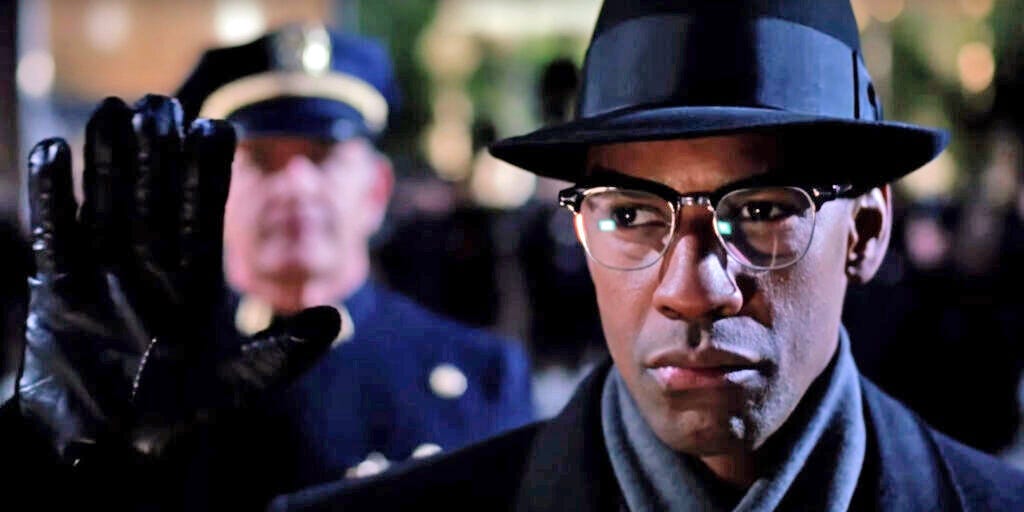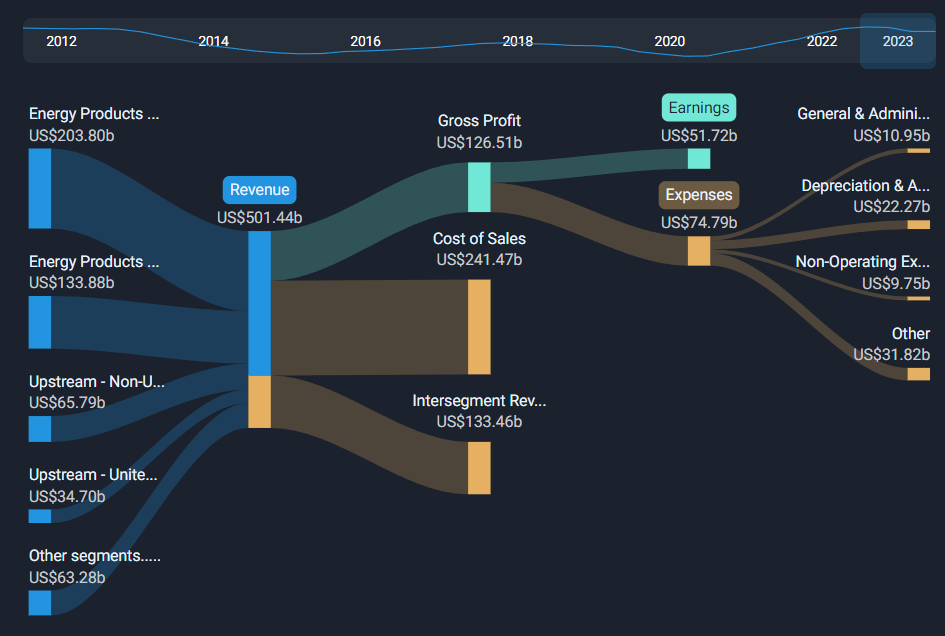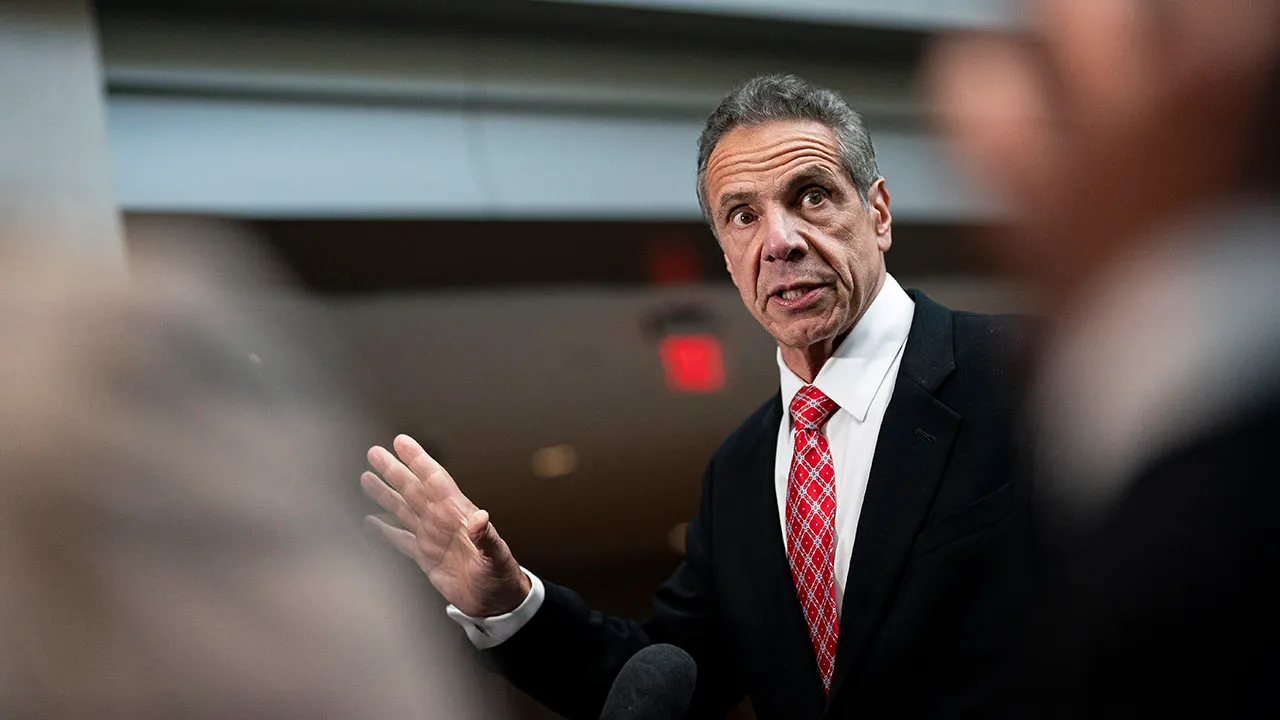Spike Lee Reveals Warner Bros.' Unexpected Gesture That Shaped 'Malcolm X'

In a striking twist of cinematic timing, renowned filmmaker Spike Lee revealed a powerful anecdote about the premiere of his groundbreaking biographical film "Malcolm X". On the very day that the Los Angeles Riots erupted in 1992, Lee was screening the movie for Warner Bros. executives, creating an eerily symbolic moment that seemed to echo the film's themes of racial tension and social upheaval.
The coincidental timing was not lost on Lee, as the screening took place against the backdrop of intense civil unrest in Los Angeles, which was sparked by the controversial Rodney King verdict. The riots, which would go on to become one of the most significant urban disturbances in modern American history, seemed to underscore the urgent social commentary embedded in Lee's powerful portrayal of Malcolm X's life and legacy.
This remarkable circumstance highlighted the ongoing relevance of Malcolm X's message and the complex racial dynamics that continued to shape American society, making the film's debut even more poignant and significant.








